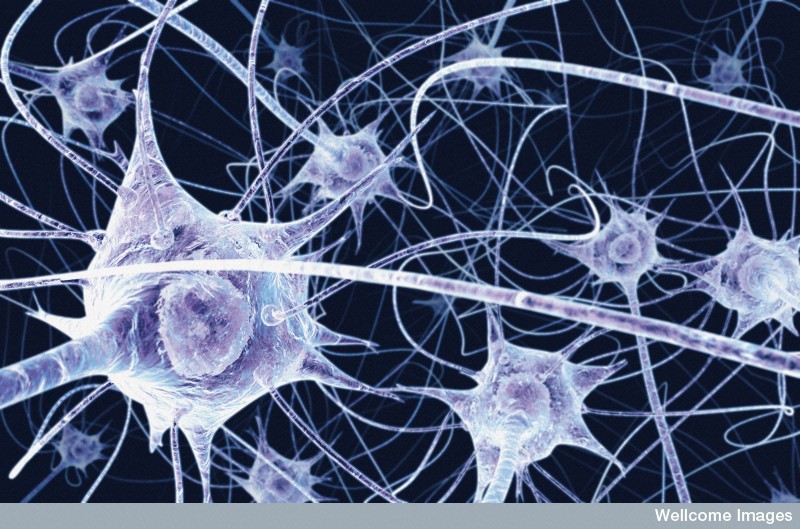FAQ
If a patient has a relative with Parkinson's disease does this mean that their disease is inherited?
No. Parkinson's disease is relatively common, affecting 1 in every 1000 people. It is therefore expected by chance that someone may have a family member who has the condition. It is also possible, due to the difficulties in diagnosing the disorder that a relative who has been diagnosed with Parkinson's disease may have been misdiagnosed and in fact has another condition with symptoms similar to the diease, for example essential tremor.
If Parkinson's is developed at a young age then the liklihood that the disease is inherited is much higher.
———
Can smoking effect Parkinson's disease?
No, there is evidence to suggest that smoking can have a positive effect on the disease. Cigarettes appear to have association with a lower risk of the diease. This protective mechanism however, appears to be selective to patients with a certain gene and patients who smoke without this gene may have a higher susceptibility to the disease.
———
Are Parkinson's disease and Parkinsonsim the same disease?
No, Parkinsonism is the development of rigidity, bradykinesia and tremor as a clinical triad, caused by any disease process which may effect the basal ganglia and therefore the connections between the substantia nigra and the striatum. However there are many causes of disruption of these connections such as other disorders, the use of certain drugs, toxins and infections which can lead to this triad being developed.
Parkinson's disease should however be a term restricted to patients who have a loss of this dopaminergic connection due to selective nigrostriatal degeneration and for which no particular cause can be identified.
———
Does a patient having Parkinson's disease mean they will also develop dementia?
No. Parkinson's disease is a disorder which predominantly effects the movement. Not all patients who develop Parkinson's disease experience dementia but if it does affect a patient there are drugs which are available in order to increase alertness, concentration and therefore improve general social interactions. It is not fully understood as to whether those patients who develop dementia as a consequence of their Parkinson's disease are a representation of a distinct disease group which is infact separate to Parkinson's disease.
———
Does a patient have to have all of the classical symptoms of the disease to have Parkinson's disease?
No, a patient with Parkinson's disease may present with only one symptom. It has been seen that upon post mortem some patients who have been pathalogically diagnosed with Parkinson's disease due to the presence of Lewy bodies, have in fact experienced few of the symptoms associated with Parkinson's disease. Each patient has a different case with varying combinations and severity of symptoms.
———
